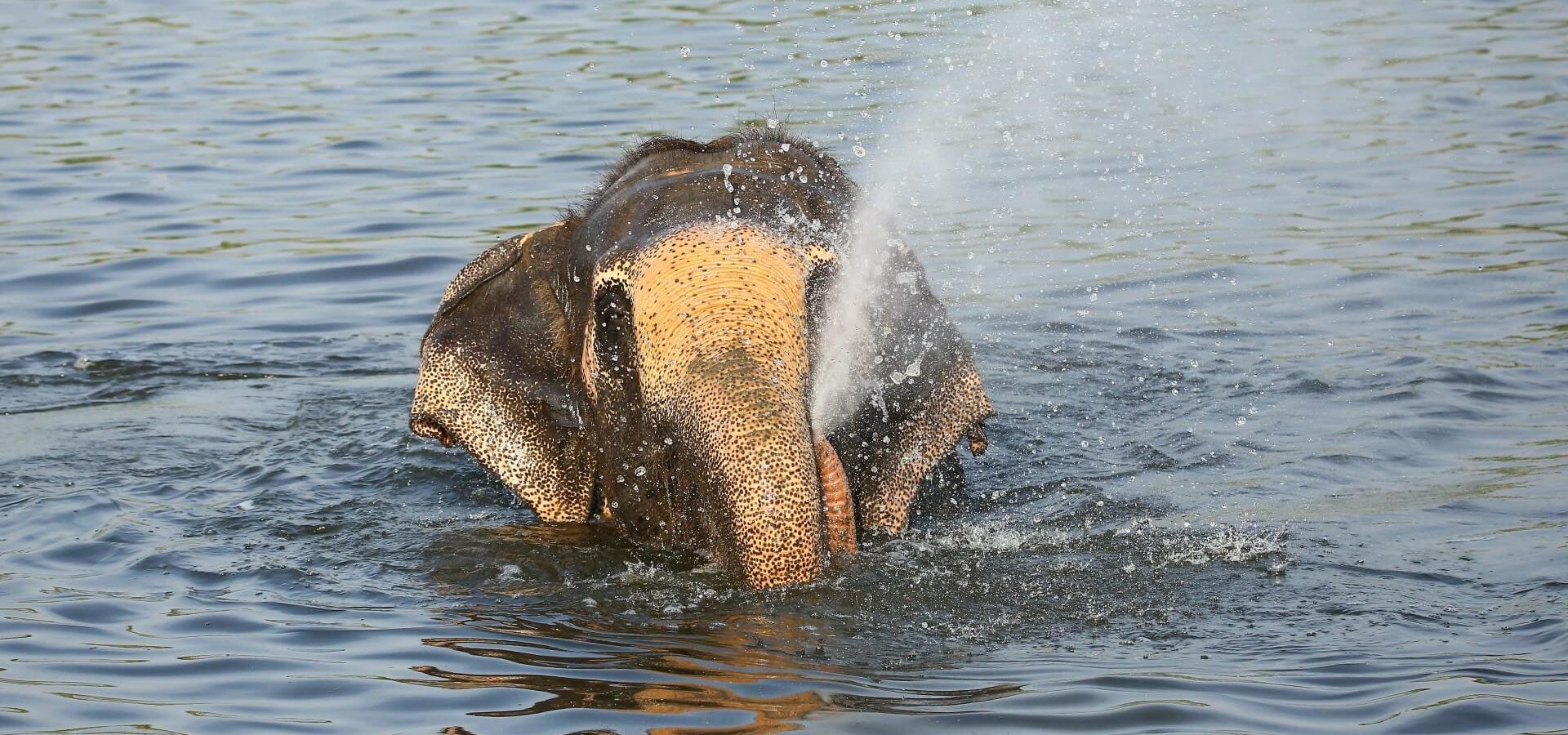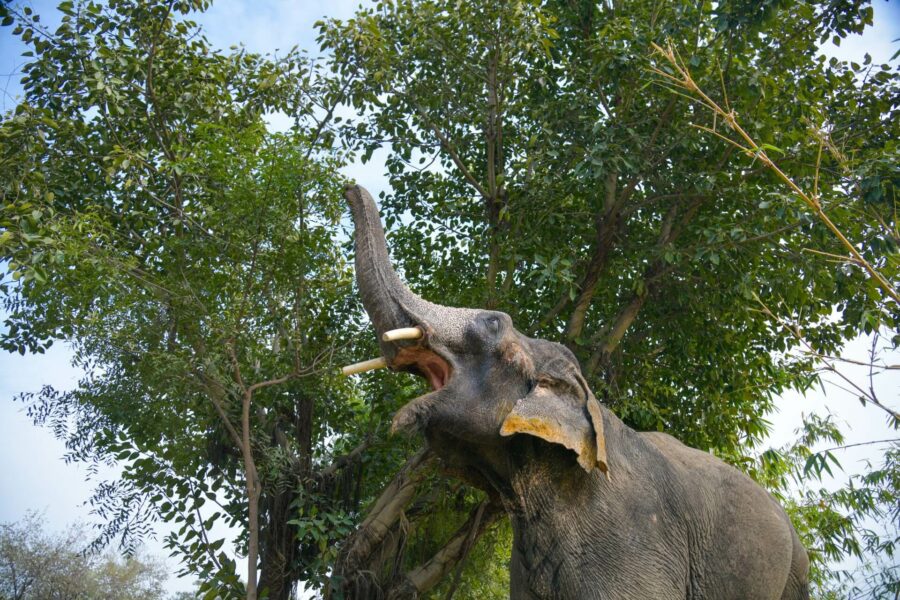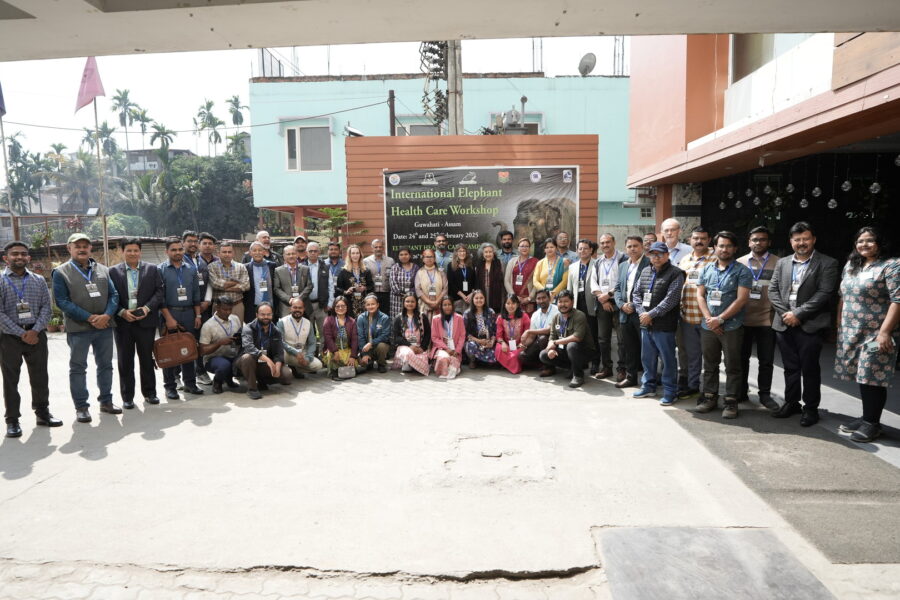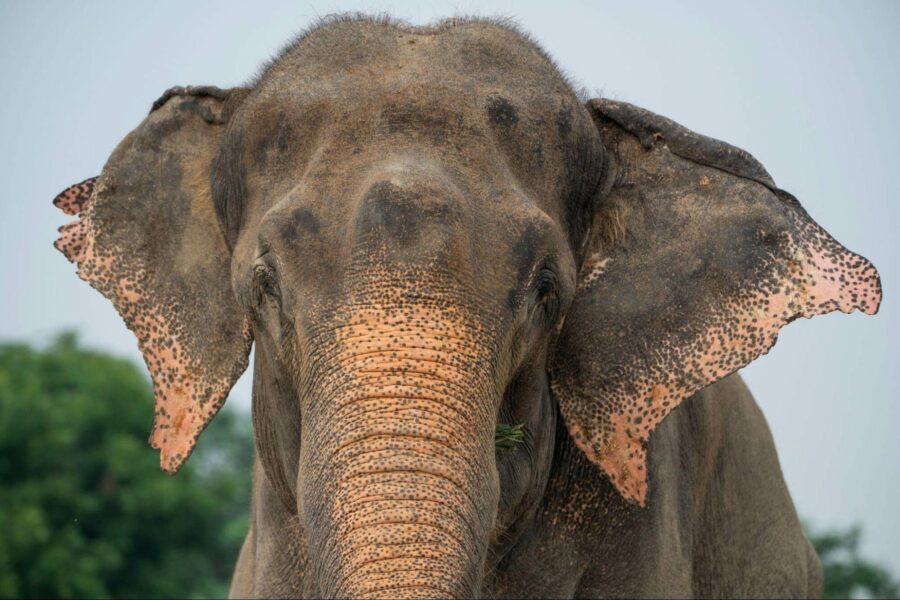India boasts of a rich cultural heritage and has one of the strongest laws of the land that prevent the abuse and exploitation of animals. It is the law which accords the revered position of the National Heritage Animal of the country to the Asian Elephant! By all means, the Asian elephant is granted the highest protection, legally, and as a Schedule I protected species of the Wildlife Protection Act, 1972. There is an absolute prohibition on the poaching, trafficking and trading of elephants, inviting a hefty fine and incarceration of up to 7 years.
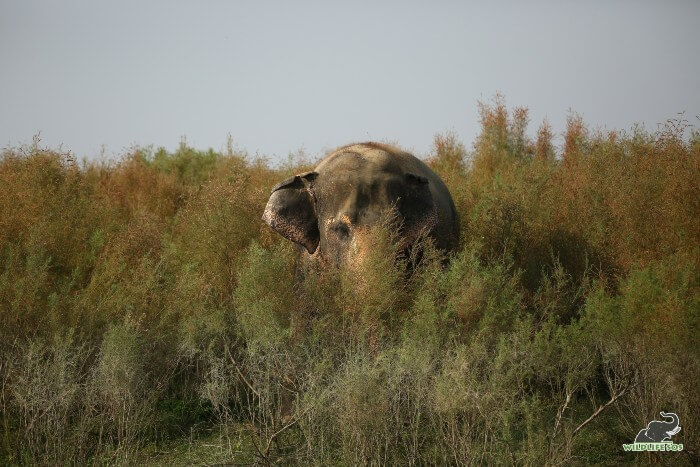
The Wildlife Protection Act, 1972, clearly lays down the laws that protect the elephants in India. The State Forest Department works actively in each state to protect the forests and wildlife and become the first responders in the case of any untoward incident that involves wild animals.
Learn to recognize the signs of an elephant in distress »
When an elephant is owned illegally, the State Forest Department has the authority to order the immediate seizure of the elephant and rehabilitate the elephant to a recognised elephant camp for long-term care and treatment. However, when an elephant is legally owned and there are reports of ill-treatment and abuse, then the Forest Officers, after inspection of the condition and a complete medical check up, decide on the subsequent confiscation and rehabilitation of the elephant.
PROJECT ELEPHANT
The Government of India has further established Project Elephant under the Ministry of Environment, Forests & Climate Change (MOEFF&CC) to monitor and regulate the welfare of both wild and captive elephants. Project Elephant was established in 1992 with the overarching aim of providing technical assistance to the protection and management of the population of wild elephants in India.
Learn to recognize the signs of an elephant in distress »
On the occasion of World Elephant Day this year, Project Elephant released a detailed report on the best practices for management of human-elephant conflict in India. The report laid down the details of how various new practices have been introduced to make sure that the human-elephant interactions are effectively controlled.
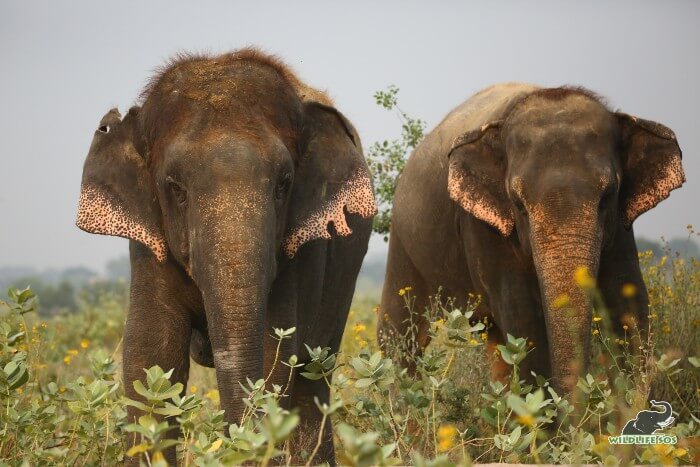
IMPORTANT SECTIONS OF THE WILDLIFE PROTECTION ACT 1972:
- The Wildlife Protection Act, 1972, was amended in 2002 and banned the sale of captive elephants which were not registered with the Chief Wildlife Warden of the State. If an elephant is owned without being declared, the Forest Department has the authority to cease the elephant on the grounds of illegal ownership.
- Section 9 of the Wildlife Protection Act, 1972 talks about the prohibition of hunting of the animals listed under Schedule I, II, III, IV. The elephant is a protected species under Schedule I and so is the sloth bear! Hunting of animals listed under these Schedules will invite heavy punishment and incarceration of up to 7 years.
- Section 40 (2) of the Wildlife Protection Act, 1972 prohibits the acquisition, possession and transfer of a captive elephant without the written permission of the Chief Wildlife Warden of the State.
- Section 42 reinstates that the Ownership Certificate can be issued to the person who has the lawful authority of the captive animal listed under Schedule I and II.
- Section 48 (b) clearly states that no wild animal under Schedule I and II can be captured, sold, purchased, transferred and transported unless the Authorised Officer does not certify the lawful possession of the same.
- Section 40 of the Wildlife Protection Act, 1972, also talks about the mandatory issuance of Transit Permit (TP) by the State Forest Department when an elephant is being transported from one state to another. Additionally, TP has to be issued by each state from which the elephant will pass through including the state in which the elephant will be finally going to.
LOOPHOLES:
The Wildlife Protection Act, 1972, makes the exception of live elephants being “gifted” or “inherited” to people, wherein the owner has 90 days to declare this “inheritance” to the Forest Department. This clause is misused by elephant owners involved in illegal trafficking and exploitation of elephants, which allows the trade to flourish.

As a responsible citizen of the country, it is very important to know the important laws that protect India’s elephants from brutal captivity and keeps their numbers steadily growing in the wild, where they rightfully belong. Captive elephants can never be reintroduced to the wild as they are forced to lose their wild spirit after being subjected to repeated thrashings, starvation and torture to be “controlled” by humans, all through their life. Additionally, these elephants are repeatedly beaten to be disciplined and end up with severe physical and psychological scars.
Learn to recognize the signs of an elephant in distress »
Each elephant on the roads, in the temples, in the entertainment and tourism industry has been illegally poached from the wild. These elephants are isolated, restrained and fed an unhealthy diet that increases the risk of pulmonary and gastrointestinal diseases. Brutal captivity also causes severe psychological trauma, and they suffer from post-traumatic stress disorder that is characterised by constant head bobbing and swaying and is termed as “stereotypic behaviour”.
If you love elephant, you will never ride them! Be a part of the change and visit refusetoride.org and sign the petition!

